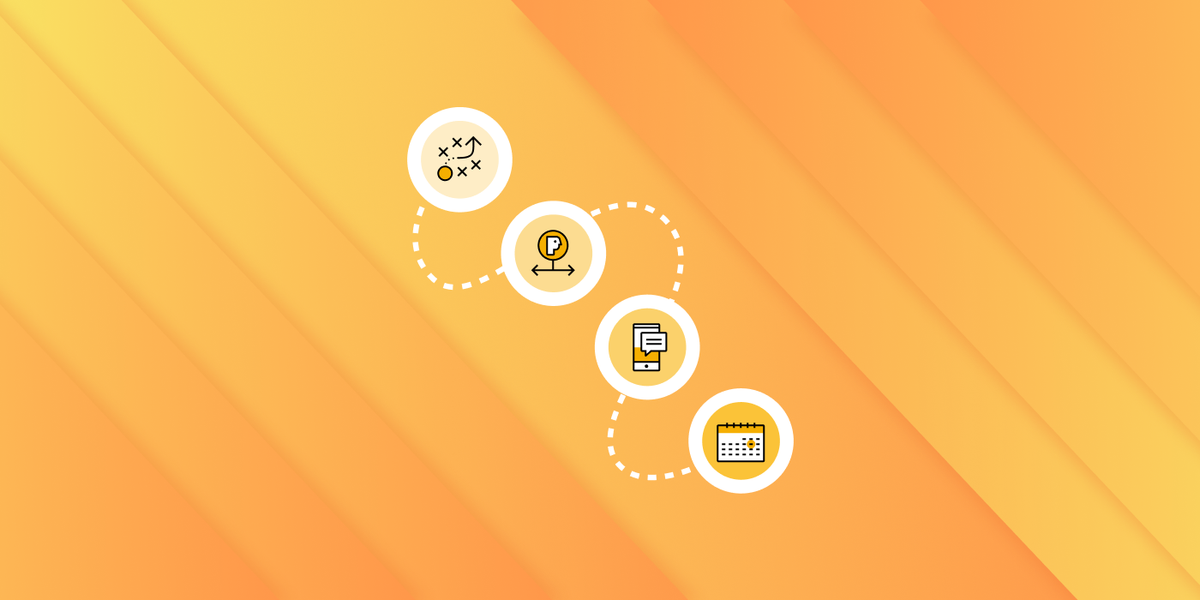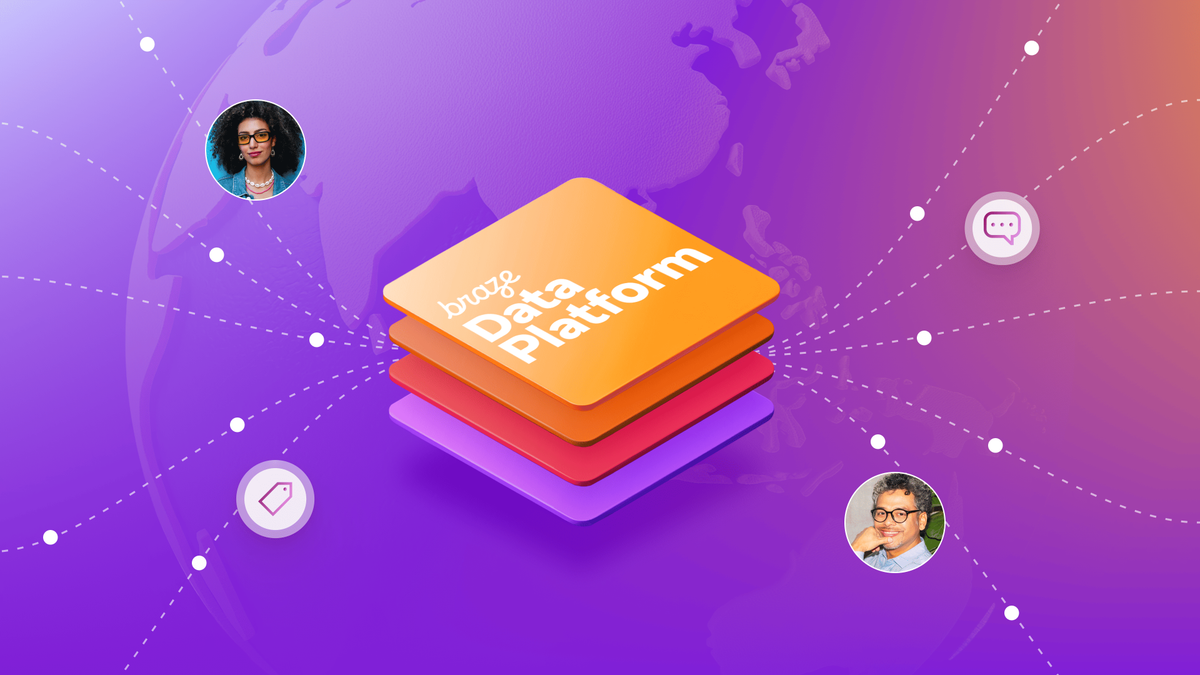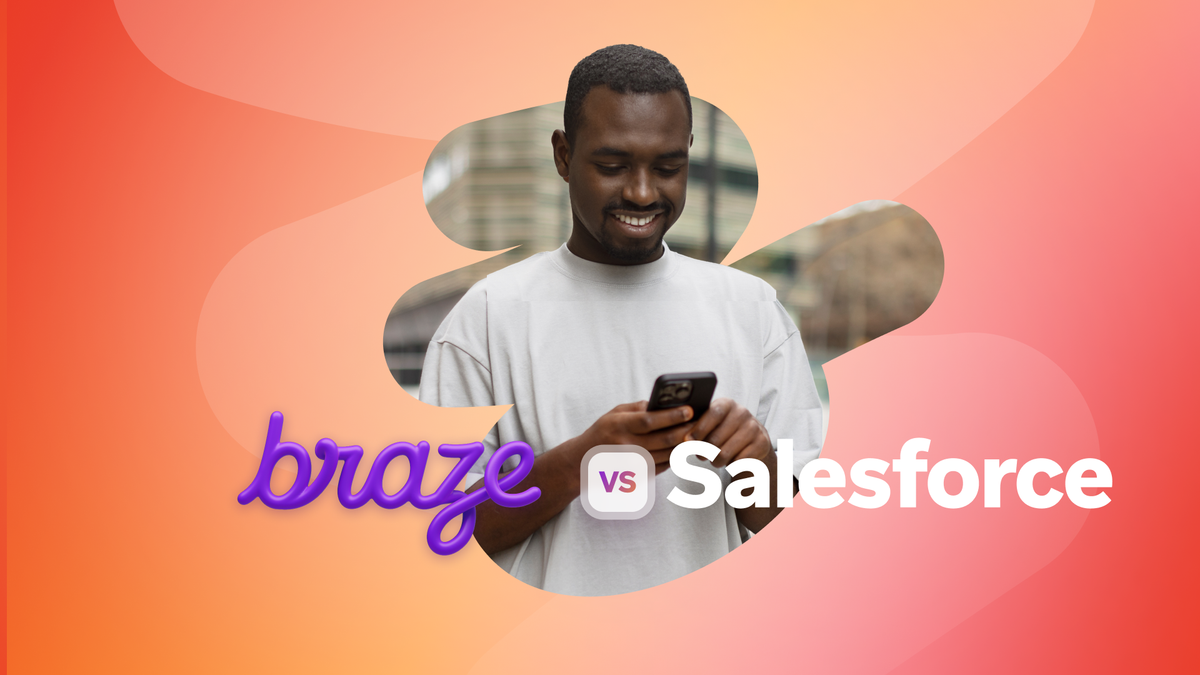Data-Driven Optimization Is the Next Level of Marketing Automation
Published on June 18, 2020/Last edited on June 18, 2020/4 min read


Mary Kearl
WriterAccidentally sending texts to the wrong person is far too common. There are entire BuzzFeed articles, Reddit threads, and Pinterest boards filled with embarrassing stories about the phenomenon. The general consensus is that sending the wrong message—whether over text, messaging apps, email, or another channel—to the wrong recipient is a major faux pas, one that can lead to some pretty awkward and uncomfortable situations.
Yet, without the proper marketing automation workflows in place, that's exactly what many brands end up doing by sending the wrong campaigns to the wrong customers, day in and day out, day after day, often without even realizing it.
There’s nothing more frustrating than getting an email promoting a pair of jeans you’ve already bought, or a push teasing out new matches on a dating app only to open it up and see the same faces from yesterday. Those types of disconnected experiences can alienate your consumers and put your brand relationship at risk. It’s why thoughtful and powerful marketing automation is so important.
5 Tools Top Brands Rely on to Send the Right Message at the Right Time
For five years, the Braze Intelligence Suite has been enabling brands to get smarter and more human (i.e. more relevant and empathetic) about real-time customer messaging, all at scale. Powered by machine learning (ML), our suite of marketing automation capabilities has been designed to reduce the types of manual decisions and processes that often impede the process of sending timely (and valuable) outreach. With these powerful solutions, brands can leave the worry of sending the wrong message behind and focus instead on perfecting what the right message looks like, moment by moment.
#1: The Right Message | Intelligent Selection
With Intelligent Selection, this machine-learning algorithm helps select the most appropriate campaign or customer journey path for a given individual based on how each variant performs over time, landing on the one that is best positioned to result in conversions. The process tests variables—including campaign creative, messaging channel, timing, and frequency—on an ongoing basis to continuously keep learning and improving.
#2: The Right Channel | Intelligent Channel
Teams can initiate conversations (and keep them going) via the customers' preferred platforms, based on individual engagement rates (eliminating marketer bias for a given channel) and supporting cross-channel strategies with Intelligent Channel. Plus, when brands take this data-driven approach to outreach, customers benefit in an additional way, by avoiding the headache of receiving the same message across multiple channels.
#3: The Right People | Intelligent Targeting
Want to quickly compare segments, understand how they're performing, and better reach your customers? With Intelligent Targeting, you can do all of the above, learning from key customer engagement metrics, including:
- Session frequency
- Lifetime revenue
- Time since first visit
- Time since last session
- Time since first purchase
- Time since last purchase
#4: The Right Time | Intelligent Timing
In the old days, we had to walk uphill to and from school, and we had to make an educated guess at the single best time to send a campaign—landing on one specific moment for an entire list of contacts and hoping that would be the right instant to engage every single recipient. With Intelligent Timing, campaigns are deployed asynchronously, at the right time that's unique to every individual message recipient, no matter where they are in the world or what time of day they're most likely to engage. Even better? Braze research* has found that push messages that use Intelligent Timing today are 2.6X more effective at driving app opens than push messages that do not.
And Introducing #5: The Predictive Suite, Predictive Churn
With the Predictive Suite, marketers have access to machine learning tools making it possible to act on data in the moment, without having to rely on data scientists, engineers, or analysts to weigh in. The first tool in the suite, Predictive Churn, lets marketers define churn—for gaming apps, that might be within hours or days, while for seasonal campaigns, that might be weeks—and then generate predictions to increase retention.
Data, AI, and Customer Engagement: How Artificial Intelligence Is Moving Businesses Forward
More than hype and not just a buzzword, AI is readily being adopted by brands to enable data-driven marketing that moves at the speed of instinct. To learn how, get our latest report packed with the latest insights about the interconnected fields of data, AI, and customer engagement now.
*Methodology
This analysis drew on over 26 billion push messages sent by brands during the month of June 2020.
Related Tags
Releated Content
View the Blog
Data agility at a massive scale: How the Braze Data Platform supports customer engagement

Sahiz Kaur

Braze vs Salesforce: Which customer engagement platform is right for your business?

Team Braze

Braze vs Adobe: Which customer engagement platform is right for your brand?
